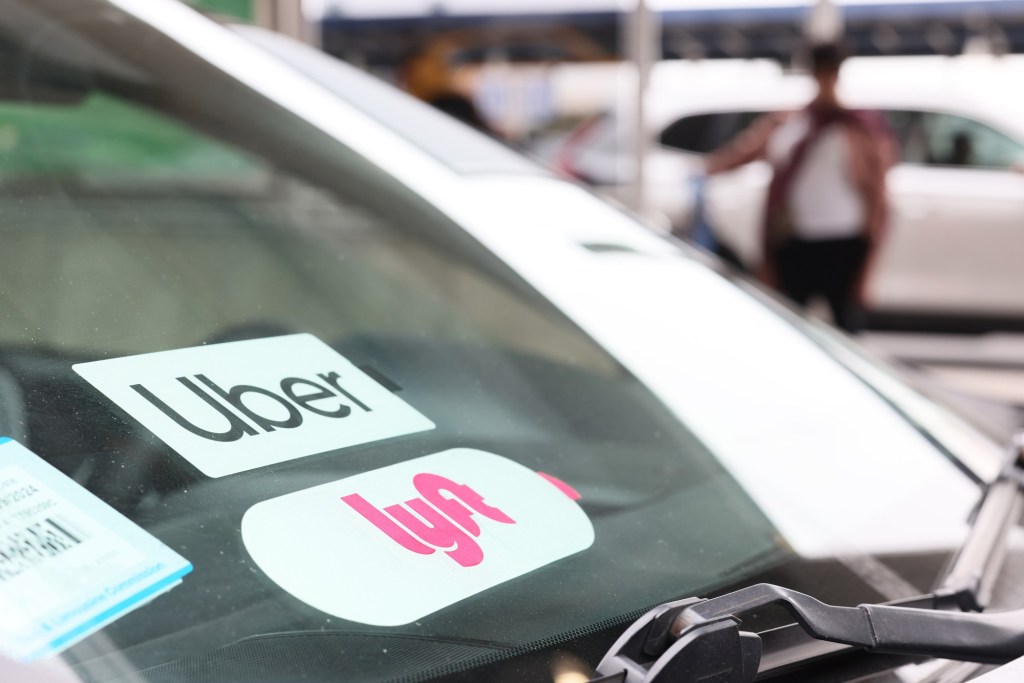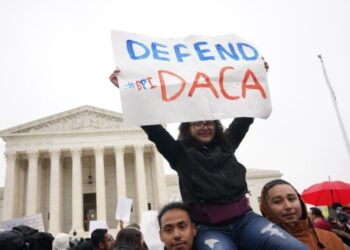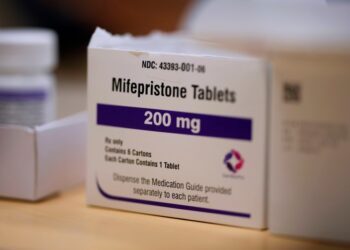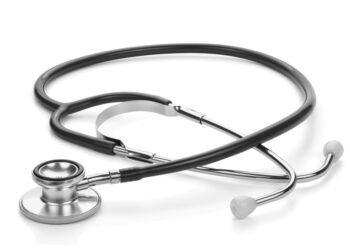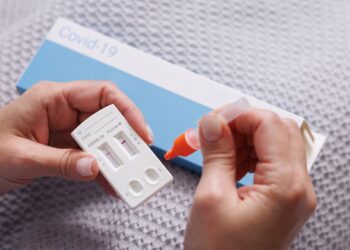This month, Mississippi becomes the latest state to partner with ride-hailing companies such as Uber and Lyft to ferry residents to their medical appointments.
It’s a bid to improve overall health in a state where advocates and medical groups have called health care a crisis that’s getting worse.
Ryan Kelly, executive director of the Mississippi Rural Health Association, said groups such as his have been working to promote more regular annual checkups, but added that transportation barriers have contributed to high rates of missed appointments. The no-show rate for some providers can be as high as 75%, he said.
“We’re not airlines and can’t double-book appointments,” he said. “If your practice’s calendar is booked solid but 75% of people don’t show up? Many providers have gone away from doing a lot of wellness checkups because patients don’t show.”
In recent years, Uber and Lyft have lobbied states to use Medicaid funding for transporting patients to medical appointments. It’s a small but potentially lucrative sector of the health care market: States spend about $2 billion annually, with the federal government spending an additional $3 billion, on nonemergency transportation for Medicaid patients, according to a study by the Texas A&M Transportation Institute for the Arizona Department of Transportation.
Lawmakers, particularly in Republican-led states, have jumped aboard.
In 2019, Arizona became the first state to change its Medicaid regulations to allow companies such as Uber and Lyft to provide nonemergency medical transportation. Lawmakers smoothed the way by carving out a new provider category that removed some safety rules, like requiring drivers to undergo drug testing and first aid training. But the rules only allow companies such as Uber and Lyft to transport Medicaid enrollees who don’t require assistance.
Legislators in Texas and Florida relaxed their Medicaid…
Read the full article here

